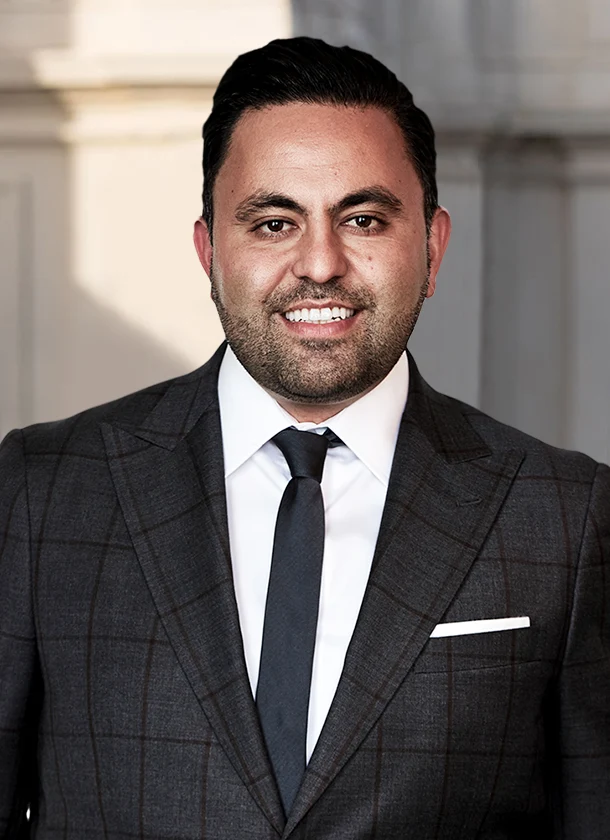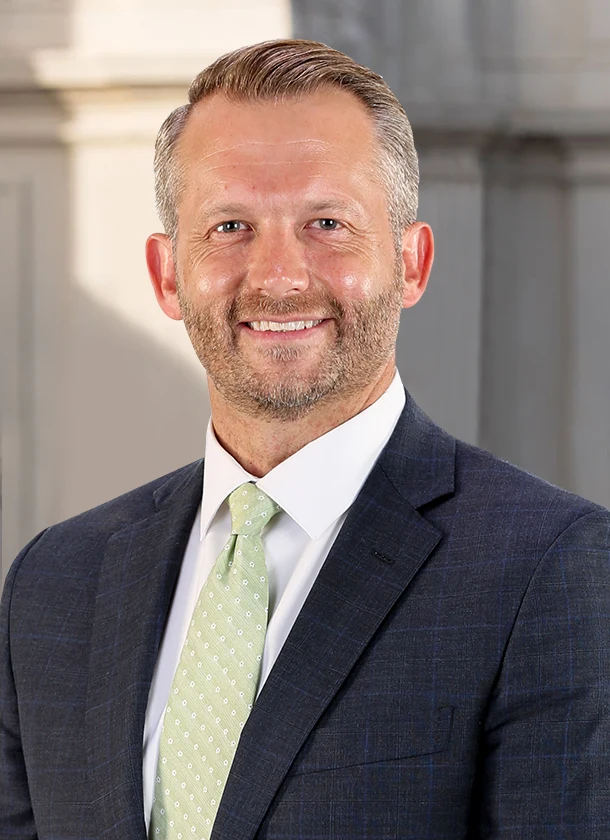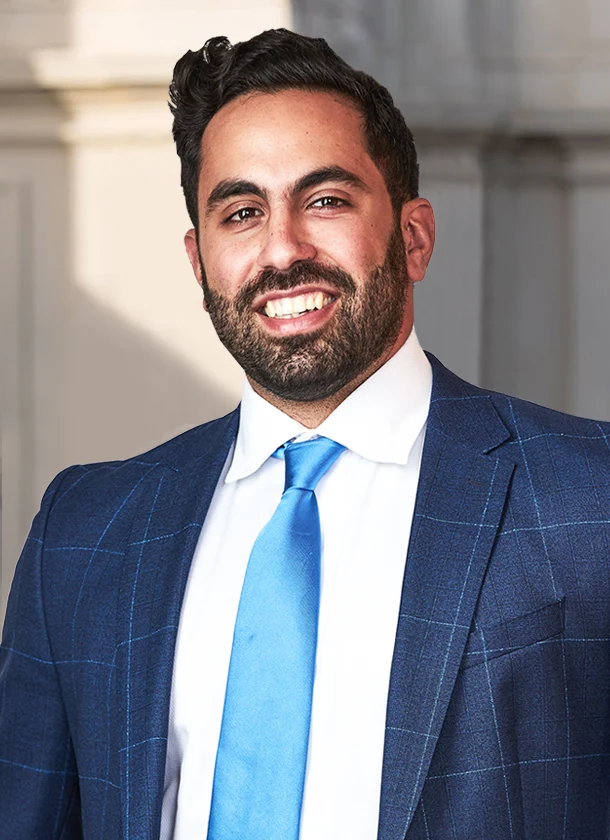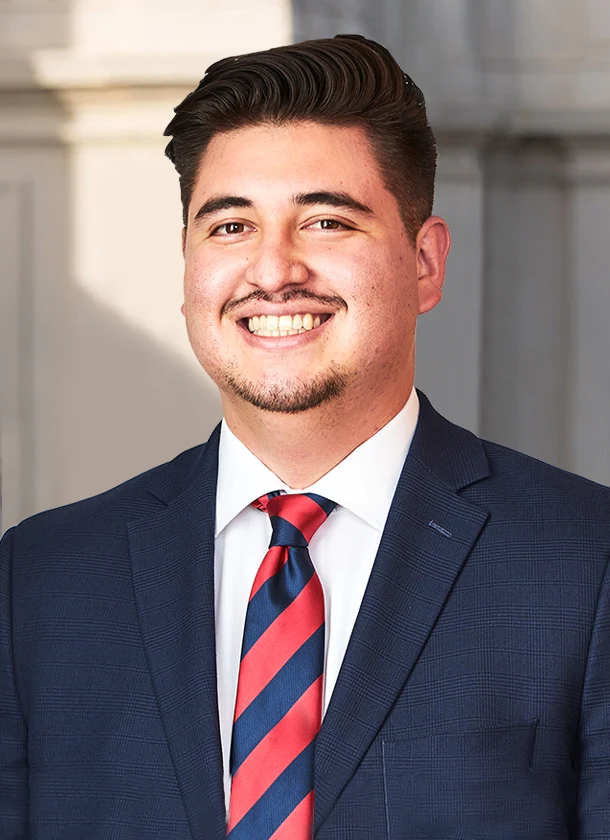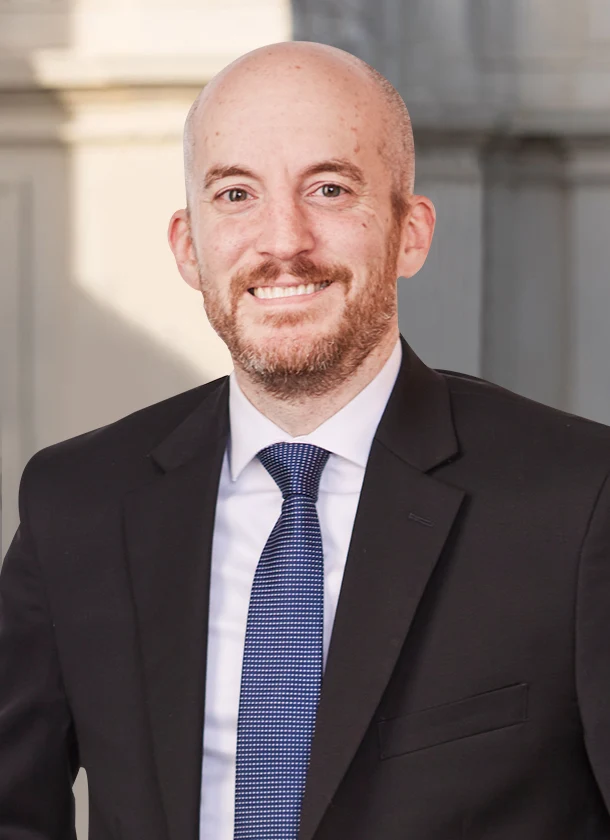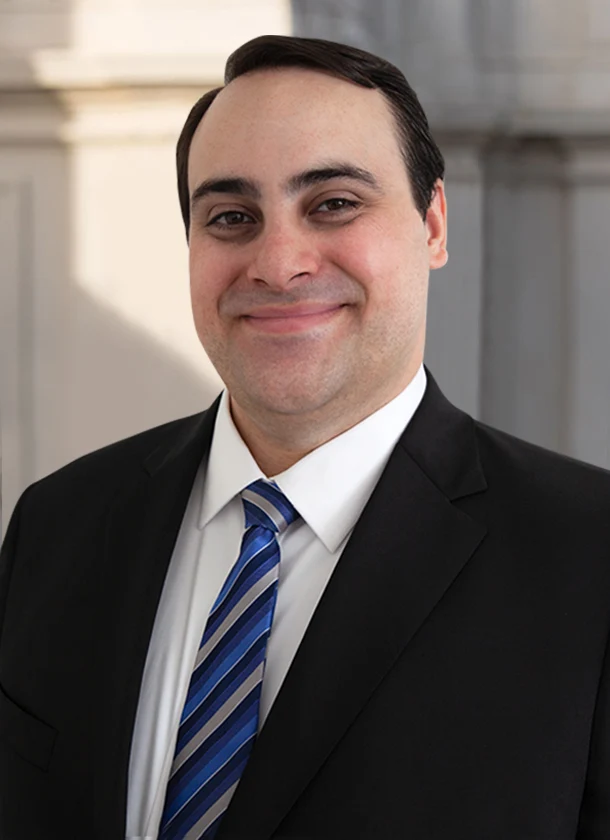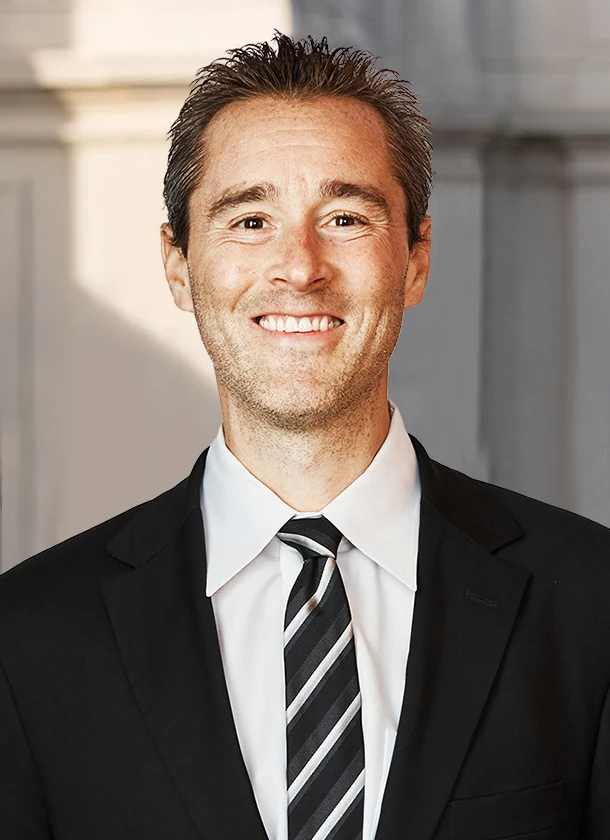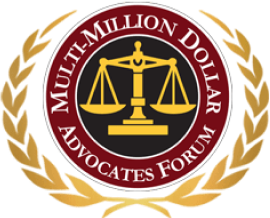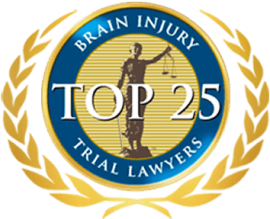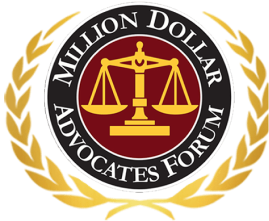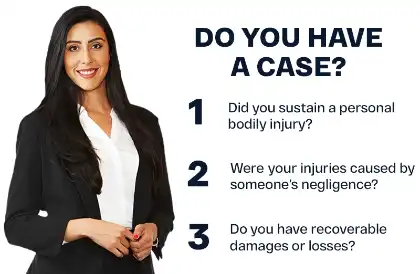California Nursing Home Abuse Lawyers
- PAY NOTHING UPFRONT
- OVER $0 MILLION RECOVERED
- ZERO-FEES UNTIL WE WIN
We’ll tell you if you have a case or not, call (888) 488-1391 — We’re here 24 hours a day.
Our California Nursing Home Abuse Lawyers Provide Legal Help That’s Focused On You
If your loved one was recently the victim of nursing home abuse, you may not know what steps to take. Unfortunately, many nursing home residents experience physical, mental, financial, and sexual abuse every year. Nursing home staff may act negligently or abusively for several reasons, from carelessness to attempts to intimidate residents.
Regardless of the cause, no one should live in an environment of abuse, especially elderly residents. Nursing homes and care facilities are legally obligated to protect residents’ physical, emotional, and psychosocial well-being.
Negligent, reckless, or unlawful actions that cause injury or suffering to a resident may warrant legal action. Contact our California nursing home abuse lawyers if your loved one has experienced neglect or abuse while under the care of a facility. Call at (888) 488-1391 for a free case review.
The National Institute of Justice reports that at least one in 10 individuals over the age of 60 has experienced elder abuse annually. However, the statistics on nursing home abuse fall short of reality, since many victims never report the incidents. Nursing home residents are often too afraid of retaliation or of others accusing them of lying to speak out about abuse. Others may have Alzheimer’s, dementia, or another condition that makes it impossible to seek help.
It is often up to you to detect, report, and file a lawsuit in the face of neglect. Start by learning the four types of abuse in this setting:
December 2016: $22M+ verdict in a mild traumatic brain injury case. The entire details of the case can be found in the public record filings by the defendant entity that sued its defense.– Brian Beecher
Physical Abuse At California Nursing Home Facilities
Physical abuse is any act of neglect or maltreatment that leads to the victim’s physical pain, injury, or impairment. It is one of the most common types of abuse in nursing homes. Physical abuse can lead to unexplained injuries, frequent hospital visits, and poorer all-around health. Signs of physical abuse include:
- Mysterious, unusual, or unexplained injuries.
- Hand-shaped marks or bruising.
- Bruising on the torso or in places usually hidden.
- Burn marks.
- Cuts, scrapes, and lacerations.
- Strap marks, as in improper use of restraints.
- Bite marks.
- Internal injuries.
- Evidence of self-treatment for wounds.
- Broken bones and dislocations.
- Strained relationship between resident and caregiver.
- Fall injuries.
Staff may physically harm residents due to impatience, anger, or attempts to intimidate them. Seniors who experience physical abuse are at higher risk for serious health complications compared with those who do not face abuse.
Mental Or Emotional Nursing Home Abuse
Sexual Abuse
Sexual abuse is a serious form of nursing home mistreatment that can cause both physical and emotional harm. Victims may remain silent due to fear, shame, or guilt. Warning signs can include behavioral changes along with physical indicators such as pelvic injuries, difficulty walking, bruising on the upper thighs, or bloody undergarments. If a resident discloses sexual abuse, it is important to listen, take their account seriously, and follow up appropriately.

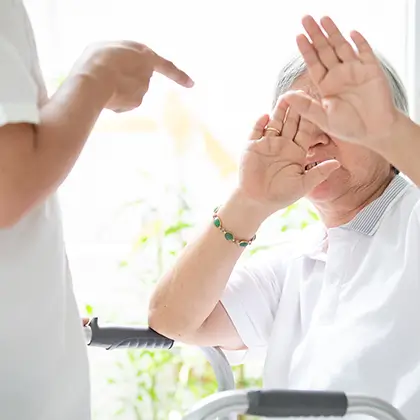
Financial Abuse And Exploitation
Caregivers, friends, and family members can take advantage of an older adult’s illness or mental state to financially abuse them. The offender may coerce, threaten, or beat the victim into giving away cash, checks, expensive jewelry, or other assets. Look for sudden changes in a bank statement, large gifts to people you don’t know, or odd changes to a will.
It may come as a surprise, but studies show that family members and trusted caregivers (those with access to the individual’s finances) are often the people who financially abuse or exploit older people. Abuse can also take the form of willful neglect, passive neglect, deprivation, and confinement.
Look for signs of neglect such as poor hygiene, malnutrition, frequent illnesses, pale and extra-wrinkled skin, white lips, and weight loss. Bedsores are common signs of neglect and abuse, since they come from the person remaining in the same position for too long. They are almost always preventable with proper care. Willful deprivation can involve denying the resident medication, medical attention, food, water, or other basic needs. Isolating or restraining an older adult without a valid medical or safety reason can cause both physical and mental harm.
Failure To Restrain
Sometimes an older adult requires physical restraints for their own safety or the safety of others. Restraints should aim to restrict movement, not punish or harm the individual. Restraints such as belts, vests, hand mitts, special chairs, lap cushions, or bed rails may be necessary if the senior citizen has a physical or mental condition that puts themselves or others at risk without the reduction of movement.
Facilities should use physical restraints as little as possible, and only when other techniques will not be effective. However, failure to restrain when the safety or health of someone else depends on it is a type of negligence. If your loved one received an injury because a staff member failed to use restraints when they should have, you may have grounds for a personal injury claim.
For example, suppose a resident’s medical condition made them prone to falling out of bed, and the facility failed to provide proper safety measures such as bedrails. In that case, there may be grounds for a negligence claim. Similarly, if a facility did not properly manage or supervise other residents, such as someone with dementia and aggressive behavior, resulting in injury to your loved one, this could also constitute negligence. Misuse of restraints can include both overuse and underuse, and facilities have a duty to apply them appropriately to protect residents.
Assault
You may have an assault case on your hands if a caregiver, nurse, janitor, or other nursing home staff member abused and injured your loved one in any way. This includes sexual abuse, harassment, and rape. Defendants in a nursing home assault case may consist of the offender and the facility, if the facility played a role in what happened to your loved one. For example, if the nursing home knowingly hired a staff member with a history of assault or violence.
Negligent hiring, supervision, or monitoring that allows an assault to occur may form the basis of a civil claim. Other residents or family members may also cause harm, and the facility could be held responsible for failing to take reasonable steps to protect residents. Nursing homes have a duty to maintain the health, safety, and well-being of all residents.
Civil claims for damages can be pursued alongside any criminal proceedings. It is important to consult an attorney promptly if a resident experiences assault while under the care of a California nursing home.
Medication Errors
One mix-up by a nurse or orderly can mean death to a nursing home resident if it involves medication. Senior citizens often take a number of medicines for various health conditions, and need exact types and dosages to maintain their health. Administering the wrong medication can cause dangerous interactions, allergic reactions, or prevent the resident from receiving a needed drug. Incorrect dosages may worsen medical conditions or result in an overdose.
Medication errors can result from miscommunication, carelessness, or inexperience. To establish negligence or recklessness, evidence must show that the caregiver or nurse owed a duty of care to the resident, breached that duty by administering medication incorrectly, and caused harm as a result. Experienced accident lawyers can assist with these complex cases.
Contact Our California Nursing Home Abuse Lawyers For Guidance
The moment you notice any signs of potential elder abuse, report it to facility administrators. Consider what steps are necessary to protect your loved one from further harm.
Report the incident to the police if the situation warrants this action. Then, contact Arash Law, headed by Arash Khorsandi, Esq. Our lawyers can represent victims in nursing home abuse cases throughout California. To discuss your situation with a knowledgeable personal injury attorney in a free initial consultation, call (888) 488-1391.

